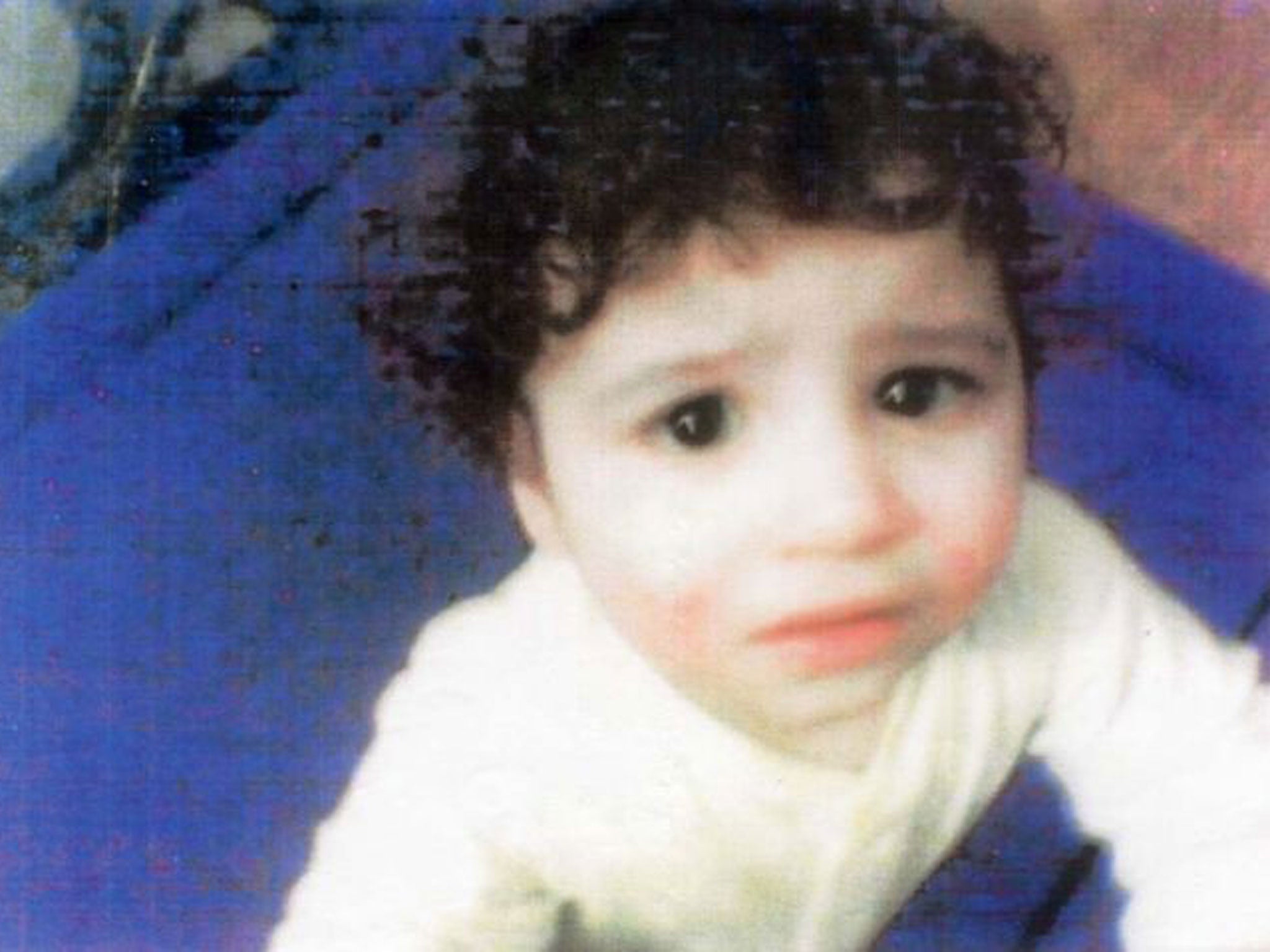Special report: Elite social-worker course attracts 1,000 graduates, but Frontline will take only the best 100
Rigorous government-backed tests modelled on MI5 recruitment to create robust child-protection teams

More than 1,000 graduates have applied to become "elite" social workers in the space of just one week at a time when the profession is once again under scrutiny over the deaths of vulnerable children, it emerged last night. Applications for Frontline, a two-year intensive training course to improve the status of the much-derided profession, have flooded in since the programme opened last Monday.
The news came as a rare boost to a profession again under siege for its failures to protect the lives of two-year-old Keanu Williams and Hamzah Khan, four. Investigations into the death of Williams, murdered by his mother at their home in Birmingham, and Khan, said in court to have been starved to death by his mother after his mummified body was found in his bedroom in Bradford, West Yorkshire, were highly critical of the authorities' failure to prevent their deaths.
The best 100 Frontline applicants, following a rigorous assessment process, including psychological tests based on selection for MI5 and MI6, will be selected to start the course next summer.
Frontline, which is modelled on Teach First, the fast-track programme for graduates aimed at improving standards in teaching, was given the go-ahead last year by Education Secretary Michael Gove. Its efforts were recognised in the Prime Minister's conference speech on Wednesday, when he said: "Social work is a noble and vital calling. This government has helped get some of the brightest graduates into teaching and we have pledged to do the same for social work." Labour leader Ed Miliband also backed its work, saying last week: "Social work is one of Britain's most important jobs. We need more life-changing social workers. That's why I'm delighted to support the work of Frontline."
In truth, its efforts cannot come soon enough. Councils across England are failing to fill vacancies in their social-services teams due to budgetary pressure and a lack of newly qualified social workers with "real-life" experience. A report published earlier this year warned that without reform to social workers' training, councils could be in danger of missing even more serious incidents of abuse and neglect. This is likely to be exacerbated by low numbers of social workers with specific training and experience in handling cases involving children. It predicted the supply of social workers will not equal demand until 2022.
Last year, Birmingham Social Care, which was involved in the Williams case, was criticised by Ofsted for continuing "inadequate" protection of children, despite improvements made following the death of Khyra Ishaq in the city in 2008. In 2011 there were 1,350 vacancies for social workers, while just 5 per cent of people who started training in this field last year had been to a "good" Russell Group university.
On top of recruitment problems, there is the difficulty of retaining trained, experienced staff. Older workers are leaving in alarming numbers and a recent survey of those remaining revealed that seven out of 10 said their caseloads were "unmanageable". Other frustrations cited by existing social workers included the amount of time they had to spend filling in paperwork and a lack of time to deal with individual cases. One study estimated that only 15 per cent of social workers' time is actually spent in the field.
Josh MacAlister, Frontline's chief executive, stresses that it cannot be a "silver bullet" to solve the problems in social work and troubled families. "But we can be part of a wider regime... to make [the profession] better at protecting vulnerable children.... What is needed is social-work professionals to set out a vision for the family, conceive a number of different options to deal with problems and to deal with that in really hard, emotional settings. To be a Frontline social worker is a leadership profession."
He told The Independent on Sunday: "What we are looking for is something special, an ability to stand up in court and be cross-examined for three hours by a barrister, build a relationship with a family in quite difficult circumstances. Simply by going to Oxford or Cambridge doesn't make you cut out to be a great social worker."
Applicants to Frontline must complete a self-selection questionnaire, which asks them to give their emotional response to being in court, say, when a mother they have worked with breaks down in tears and accuses them of lying. Candidates must have a 2:1 or first-class degree, as well as 300 Ucas points and English and Maths GCSE grade C or higher.
Of the initial 1,000, 300 or 400 are chosen for the second stage, which involves interviews, role play and verbal-reasoning tests. They will be judged on how they interact and initiate conversations with children.
Finally, the best 100 will be selected. Following a five-week theory course, they will work for a local authority, under supervision. In year two they will continue to do caseloads for a local authority and undergo a leadership development programme.
Join our commenting forum
Join thought-provoking conversations, follow other Independent readers and see their replies
Comments